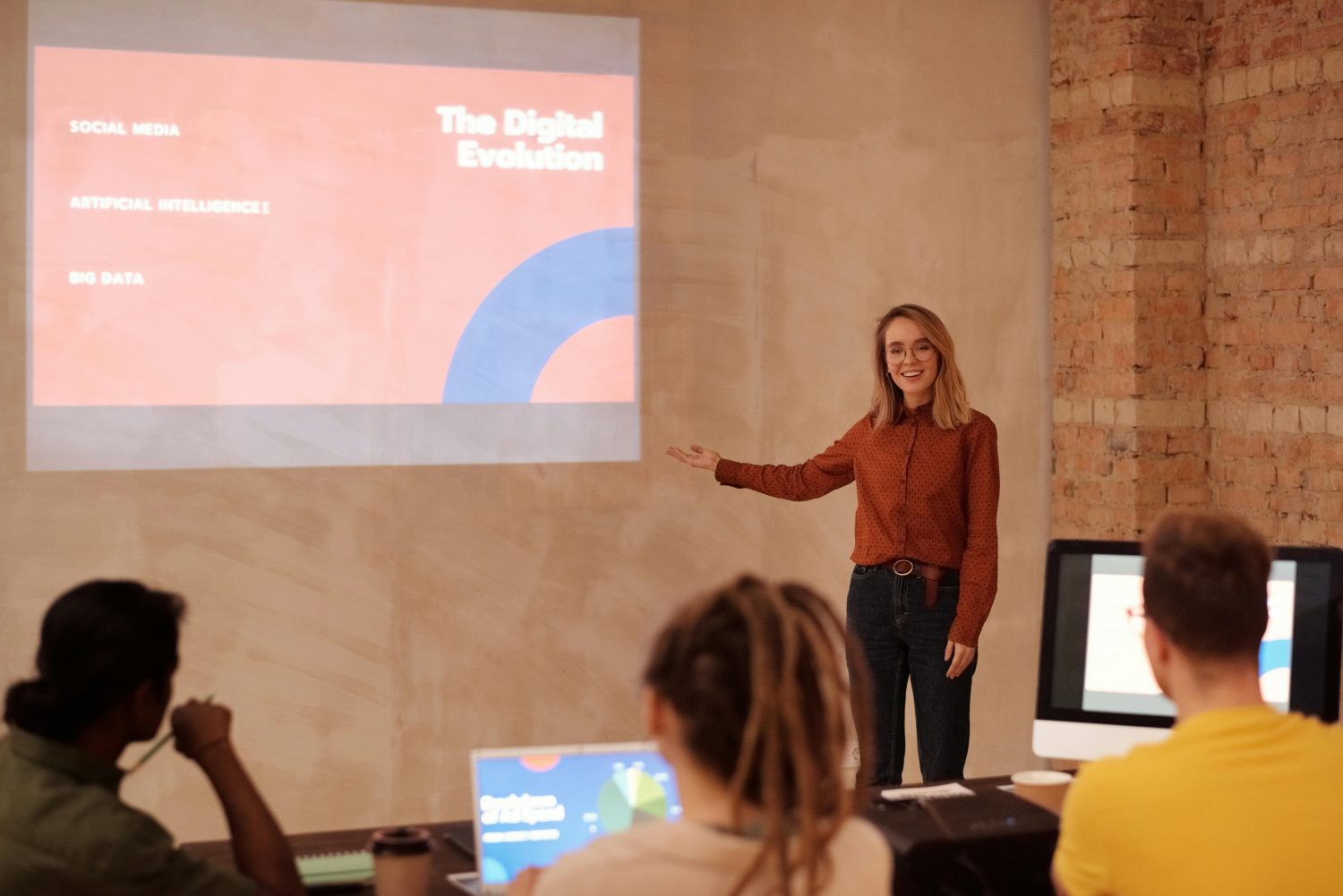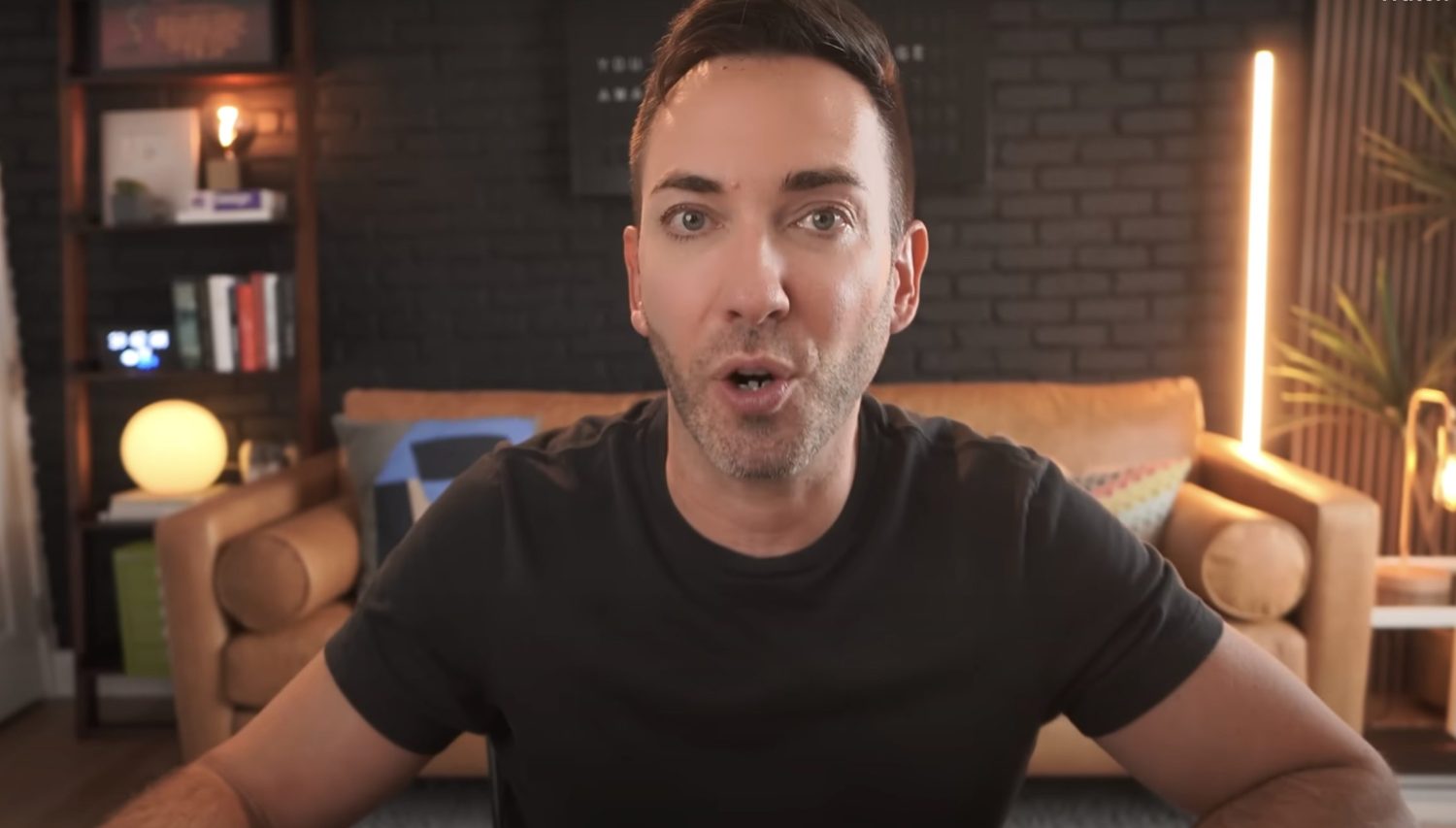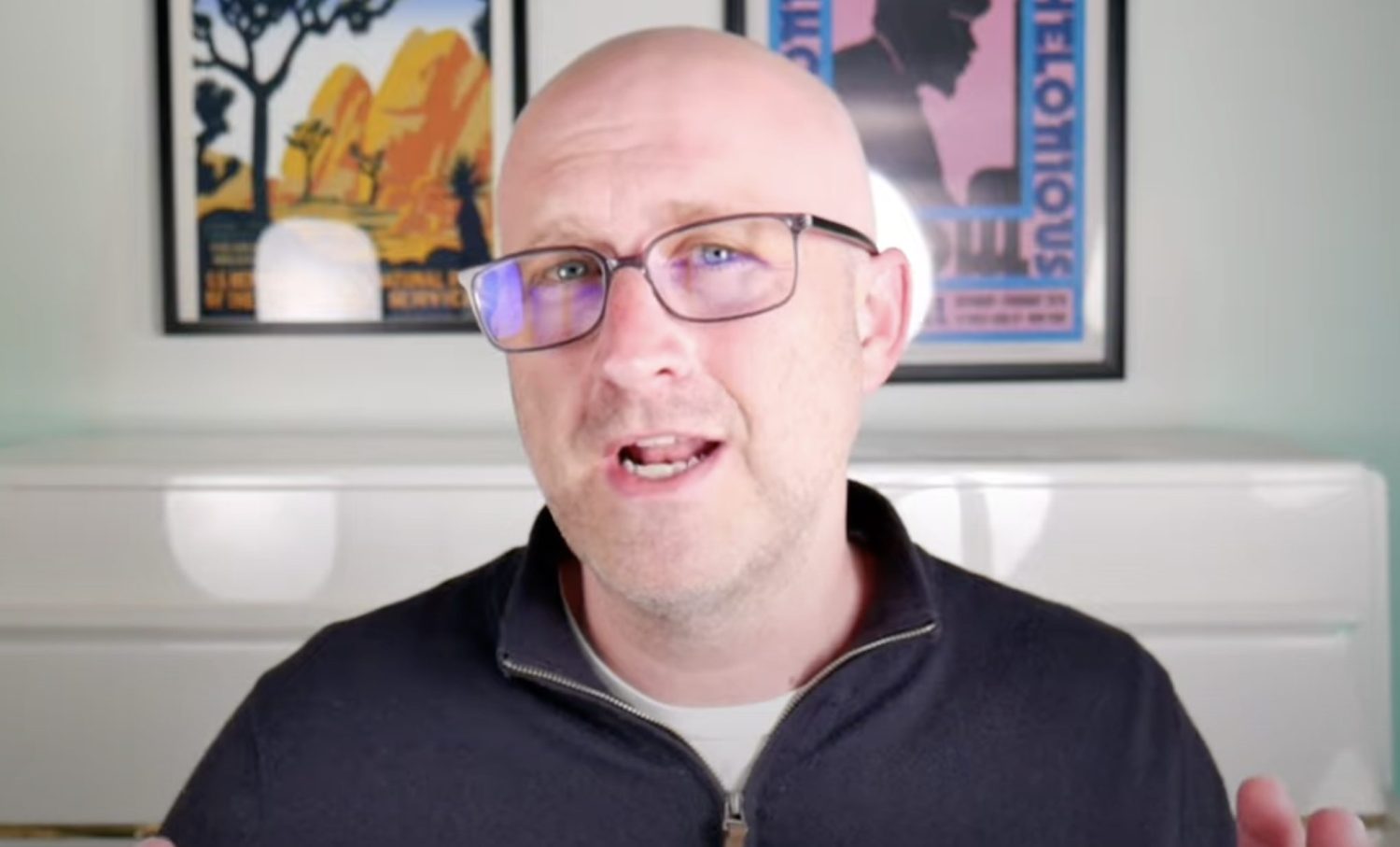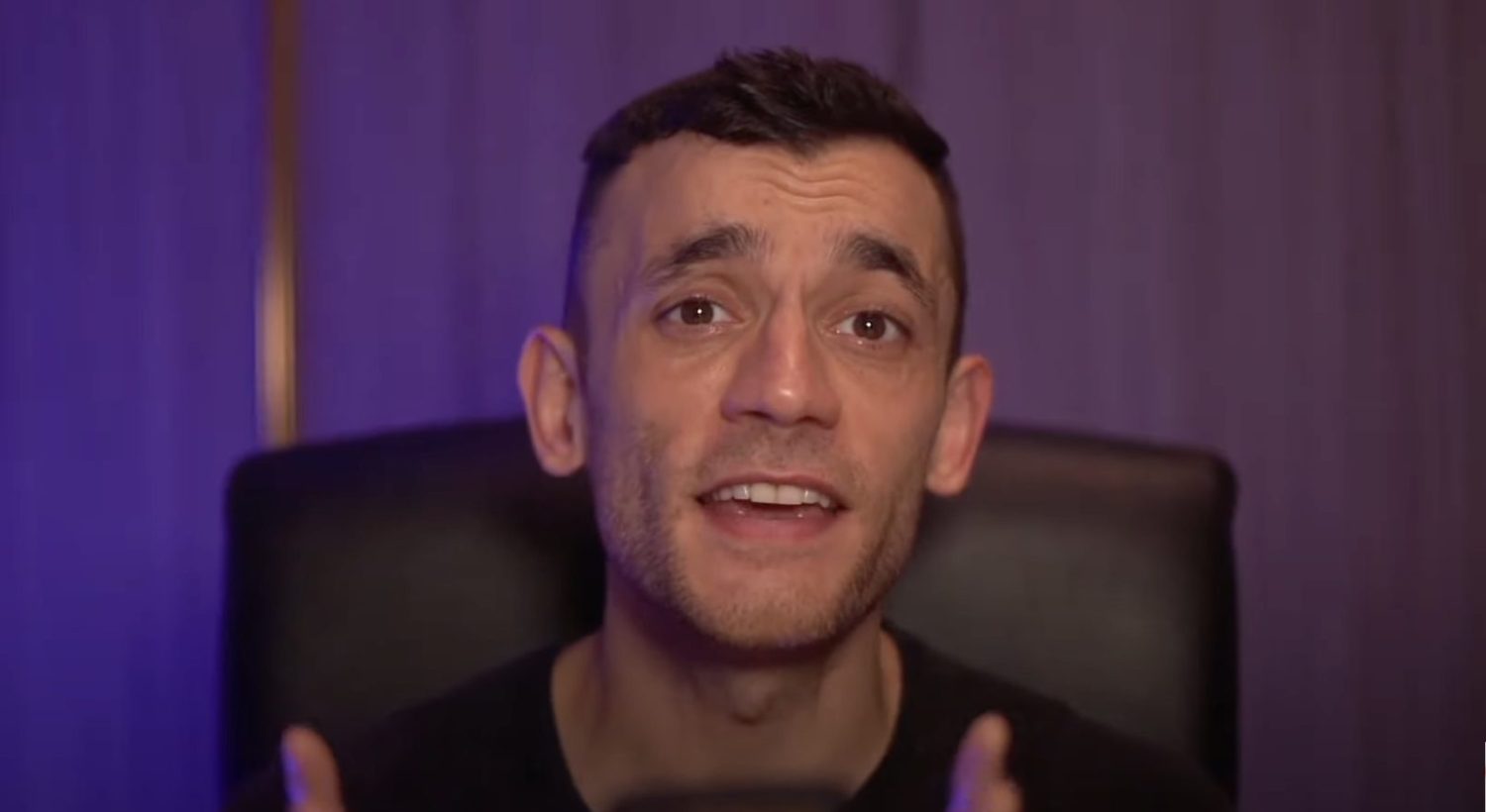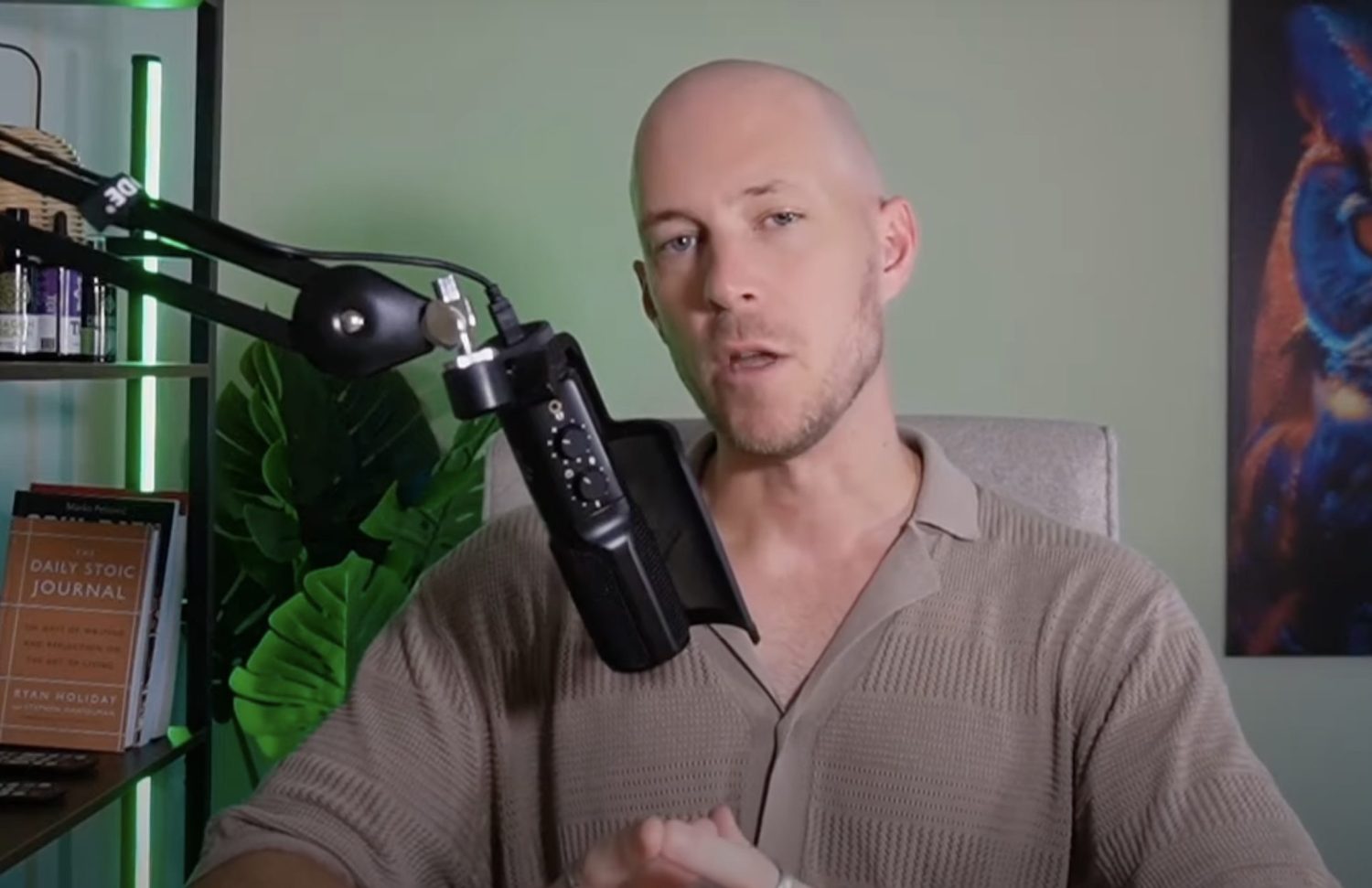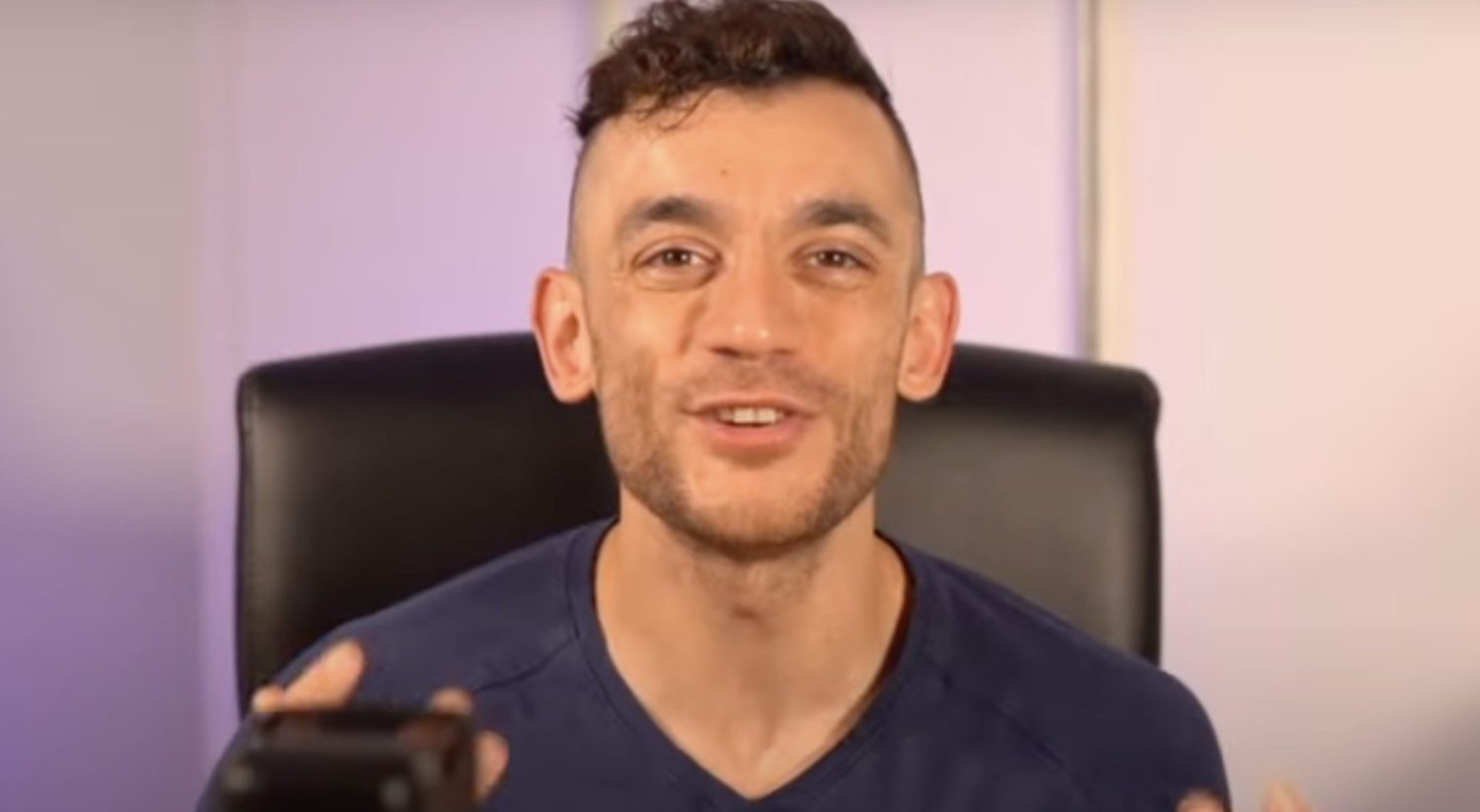YouTube video content creator, Robert Benjamin, explains the mechanics of boosting views on YouTube Shorts on his latest instructive YouTube video. Through considered advice, data-backed insights, and revealing examples, Benjamin elaborates on how content creators can enhance their audience engagement, reach, and gain subscribers.
Optimizing video length on YouTube Shorts
Benjamin begins by emphasizing the critical role of video length in boosting views on YouTube Shorts. He provides an example of a creator who dramatically increased their subscriber count by merely tweaking the size of their content. According to Benjamin, the sweet spots are 8 to 15 seconds, 31 to 35 seconds, and 55 to 60 seconds. However, not all these lengths garner the same viewership; the 8-15 seconds range and 31-35 seconds range deliver the highest views. To prove this point, he suggests experimenting with these time slots.
Understanding YouTube’s metrics
YouTube employs two significant metrics to decide whether or not a Short reaches a broader audience. The first one is swipe rate, visible under the ‘reach’ tab in your analytics. The second vital metric is the average percentage viewed or how long people watch the video.
- Swipe Rate: The swipe rate measures the percentage of viewers who engage with your Short by swiping to the next video on the Shorts shelf. It’s an essential metric because it indicates whether viewers are sufficiently engaged with your content to keep watching. YouTube aims for a swipe rate where at least 80% or more of viewers watch the entire Short. If the swipe rate is lower, it suggests that the Short may not be capturing enough attention or interest, potentially leading to underperformance in reach and engagement.
- Average Percentage Viewed: This metric reflects the average amount of video that viewers watch. For Shorts that are 30 seconds or less in length, YouTube expects the average percentage viewed to exceed 100%. This might seem counterintuitive at first glance. Still, viewers are rewatching parts of the Short or watching it multiple times, leading to an average percentage viewed greater than 100%. For Shorts longer than 30 seconds, YouTube aims for an average percentage viewed of at least 80%. This indicates that the majority of viewers are watching a significant portion of the content, demonstrating engagement and interest.
These metrics are vital for YouTube Shorts because they directly impact the platform’s algorithm’s decision to promote and recommend the content to a broader audience. High swipe rates and strong average percentage viewed indicate that the Short is engaging and retaining viewers’ attention, which can lead to increased visibility and reach within the YouTube Shorts ecosystem.
Determining YouTube’s audience
To maximize views, YouTube needs to identify an audience for the content. According to Benjamin, creators tend to make errors here in two ways; not executing a preliminary search before creating a video, and using inadequate titles, tags, and descriptions. He suggests investigating whether the proposed content aligns with recent successful YouTube Shorts before filming.
- Failure to Execute a Preliminary Search: Before creating a video, creators need to conduct thorough research to identify potential audience interests and existing successful content within their niche. This involves searching for similar content, analyzing what topics are trending or popular, and understanding the audience’s preferences and behaviors. By skipping this step, creators risk producing content that may not resonate with their target audience or may already be saturated in the market. Conducting a preliminary search helps creators ensure content is relevant, timely, and likely to attract views and engagement.
- Inadequate Titles, Tags, and Descriptions: Once creators have identified their target audience and content focus, it’s crucial to optimize the video’s metadata, including titles, tags, and descriptions. These elements play a significant role in helping YouTube’s algorithm understand the content and recommend it to relevant viewers. Using inaccurate, vague, or irrelevant titles, tags, and descriptions can make it difficult for the right audience to discover the content, leading to lower views and engagement. Benjamin recommends investigating recent successful YouTube Shorts in your niche to understand how creators are titling and describing similar content and using relevant tags effectively. This research can provide valuable insights into best practices and help creators optimize their metadata to improve visibility and reach.
The impact of patience and competition
Patience is key in the YouTube game. A video may take some time before it starts gaining traction and viewership. However, once it does, it can take off. YouTube is a platform of competition. If two similar videos are in contention, the one with the better metrics will invariably draw more views. This competitive aspect necessitates constant content improvement. Creating multiple versions of the same content can eventually lead to a successful video.
- Patience: Building a successful presence on YouTube often requires patience. It’s not uncommon for videos to take time before they start gaining traction and attracting viewership. This initial period may involve low view counts and limited engagement as the platform’s audience gradually discovers the video. However, patience is key because once a video begins to gain momentum, it can experience exponential growth. YouTube’s algorithm tends to promote videos that demonstrate sustained engagement over time, so even if a video doesn’t immediately take off, it may still have the potential to become successful with patience and persistence.
- Competition: YouTube is a highly competitive platform with millions of creators vying for viewers’ attention. When multiple similar videos are in contention, the one with better metrics, such as higher engagement, watch time, and audience retention, will typically draw more views. This competitive landscape underscores the importance of constantly improving content quality and performance. Creators need to pay attention to audience feedback, analyze metrics, and iterate on their content to stay ahead of the competition. Additionally, creating multiple versions or variations of the same content can be a strategy to increase the chances of success. By experimenting with different formats, angles, or approaches, creators can refine their content and increase its appeal to their target audience.
If you can grow organic traffic with content summarizing your YouTubes, you can boost your youtube shorts and video impressions.
YouTube mentorship program
Benjamin describes his YouTube mentorship program, guaranteed to help creators gain more subscribers in 30 days or provide a full refund. The program covers the best posting times, hashtag usage, and general YouTube growth strategies. The mentorship program seems to offer creators a structured and guided approach to growing their channels and increasing their subscriber count within a relatively short period. Let’s dig deeper into what such a program might entail and how it could benefit aspiring YouTubers:
What is it, and what does it offer?
- Tailored Guidance: A mentorship program can provide personalized guidance tailored to each creator’s goals, content niche, and audience demographics. Rather than relying on generic advice found online, participants in the program can benefit from Benjamin’s expertise and insights tailored to their individual needs.
- Optimization Strategies: Benjamin’s program likely covers optimization strategies for YouTube Shorts, including the best posting times, effective hashtag usage, and overall growth tactics. These strategies can help creators maximize their reach, engagement, and visibility within the YouTube Shorts ecosystem, leading to increased subscribers and views.
- Accountability and Support: Mentorship programs often offer accountability and support that can help creators stay focused and motivated. Through regular check-ins, progress tracking, and access to a supportive community of fellow participants, creators can stay on track with their growth goals and receive encouragement along the way.
- Refund Guarantee: Benjamin’s offer of a full refund if subscribers aren’t gained within 30 days highlights his confidence in the effectiveness of his program. This guarantee provides reassurance to potential participants and underscores Benjamin’s commitment to delivering tangible results.
- Success Stories: Mention of the program’s success stories suggests that it has already helped many creators achieve significant growth on YouTube. Hearing about these success stories can inspire confidence in prospective participants and demonstrate the program’s track record of success.
To conclude, Robert Benjamin offers invaluable advice and insights into YouTube Shorts. His strategies might just provide the difference between a few thousand views and virality. By understanding video lengths, metrics, and intended audience, and recognizing YouTube as a competitive platform, anyone can see tangible growth as a YouTube content creator. For those who desire more personalized advice, Benjamin invites them to join his mentorship program. His strategies are already working for many, and could for you too.
Frequently Asked Questions
1. What is the optimal length for a YouTube Short?
According to Robert Benjamin, the optimal length for a YouTube Short is either 8 to 15 seconds, 31 to 35 seconds, or 55 to 60 seconds. However, 8-15 and 31-35 seconds generate the most views.
2. What metrics does YouTube use to gauge the success of a Short?
YouTube uses two metrics to determine the success of a Short. First is the swipe rate, which should be at least 80% for the video to perform well. Second is the average percentage viewed, which should exceed 100% for videos that are 30 seconds or less and at least 80% for videos longer than 31 seconds.
3. What steps can content creators take to maximize their views?
Content creators can maximize their views by pre-searching before creating a video and using adequate titles, tags, and descriptions. It is also important to experiment with different video lengths and monitor engagement levels to fine-tune content strategies.
4. How does patience play a role in YouTube content creation?
Patience is key in YouTube content creation. A video may take some time to gain traction and viewership, but once it does it can become very successful. Constant content improvement is also needed due to the competitive nature of the platform.
5. What is the YouTube mentorship program?
The YouTube mentorship program, as described by Benjamin, is designed to help creators gain subscribers in 30 days or your money back. It covers optimal posting times, how to use hashtags, and general YouTube growth strategies.
6. Can content creators obtain personalized advice from Robert Benjamin?
Yes, for those who desire more personalized advice, Benjamin offers an invitation to join his mentorship program. His strategies are already successful for many and could be for you too.
Featured Image Credit: Photo by Szabo Viktor; Unsplash; Thank you!



